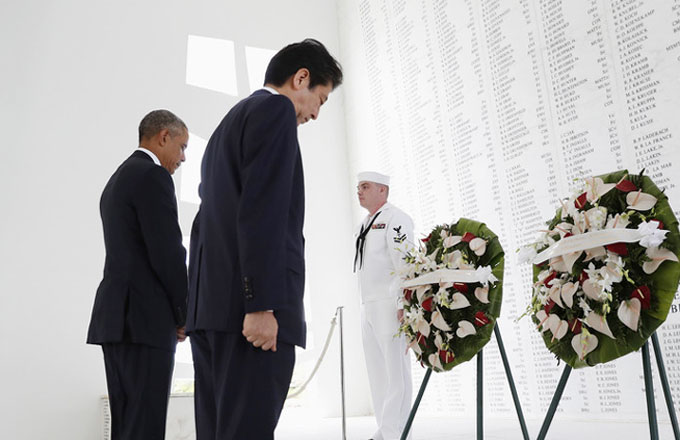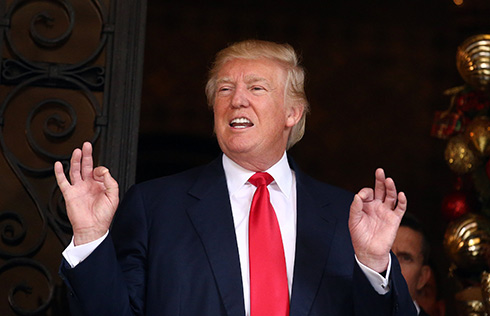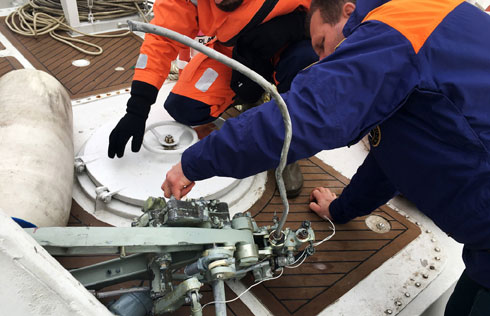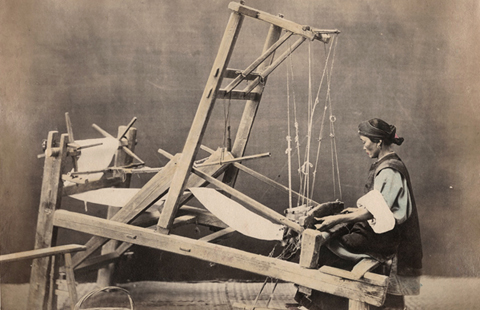Waterway lays path to closer trade ties
Xi forges stronger participation in energy and infrastructure around New Suez Canal region
 |
|
Two travelers from Beijing in front of the Great Pyramid of Giza in Egypt. The country is a popular African destination for Chinese tourists. ZHOU GUOQIANG / FOR CHINA DAILY |
President Xi Jinping's visit this week to Egypt, described by Egyptian Ambassador to Beijing Magdy Amir as a "golden opportunity" to expand bilateral ties, helped further Egypt's economic revival and China's Belt and Road Initiative.
With the opening of the New Suez Canal last August, the two nations have a chance to take advantage of the geographic advantages the waterway creates, he said.
"We must fully translate our strategic partnership into concrete plans. As we can see now, China will participate in many projects in the sectors of energy, transport and infrastructure within the New Suez Canal region," said Amir.
He said Egypt has a had special economic zone similar to the Tianjin Economic-Technological Development Area for more than six years but added that it is small in scale compared with the plans for industry zones around the New Suez Canal, which expands the capacity of the existing Suez Canal.
The new canal is an alternate 35-kilometer shipping lane that complements the existing canal, which is 164 kilometers in length.
China is the top user of the Suez Canal. Amir said its expansion is just the beginning.
"More international players, including China, will benefit from this project. More shipments of goods are about to begin," he said.
Egypt's geographical advantage as the center of many important markets, he said, will help China expand globally. He also stressed that Egypt's myriad memberships in international organizations allow the nation's producers to benefit from favorable taxation policies.
For instance, Egypt's membership in the Common Market for Eastern and Southern Africa, he said, allows "products from Egypt to have zero taxes for other member countries. This applies to Jordan, Morocco and Tunisia".
"It benefits any countries producing products in Egypt. This naturally gives Chinese companies an edge," Amir said.
He said Egypt expects more skills, technologies, finance, and investment from China. "China has a strong edge in the railway industry and we are expecting to cooperate with them to produce trains in Egypt and develop the industry," he said.
In discussing the present turmoil in the Middle East, he said Egypt is not isolated from the fighting but added that the national situation is much better than in 2011.
Amir said Egypt also hopes to leverage its dual membership in the Forum on China-Africa Cooperation and the China-Arab States Expo to work with China more closely in a number of sectors.
"FOCAC has been successful and we understand the forum is not to foster a Chinese presence in Africa, but to help Africa develop better. There is enough space for us to carry out concrete actions in many fields," said Amir.
He also said deepening cultural exchanges, such as in language, is crucial.
During Xi's visit from Wednesday to Friday, Egypt held an opening ceremony to celebrate Egyptian-Chinese Cultural Year, said Hoda Jadalla, press counselor of the Egyptian embassy.
Amir said learning Mandarin is growing into a trend in Egypt.
"Egypt has two Confucius Institutes for Chinese language and cultural education. There are 15 Chinese language departments in Egyptian universities," he said. "For higher studies, at least 300 scholarships for language studies each year are offered to Egyptian students. There are young people coming to China on their own."
Amir also said there are hundreds of Chinese students who go to Egypt each year to learn Arabic.
lilianxing@chinadaily.com.cn ?























